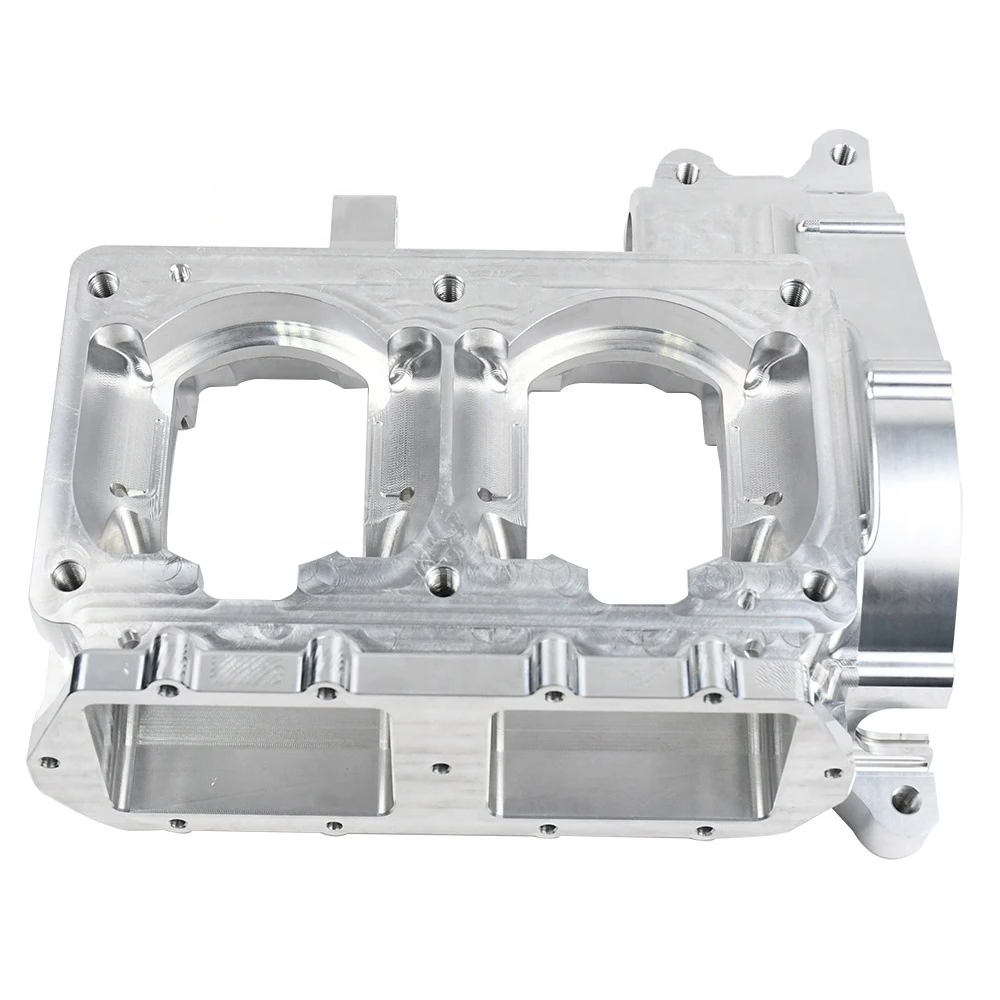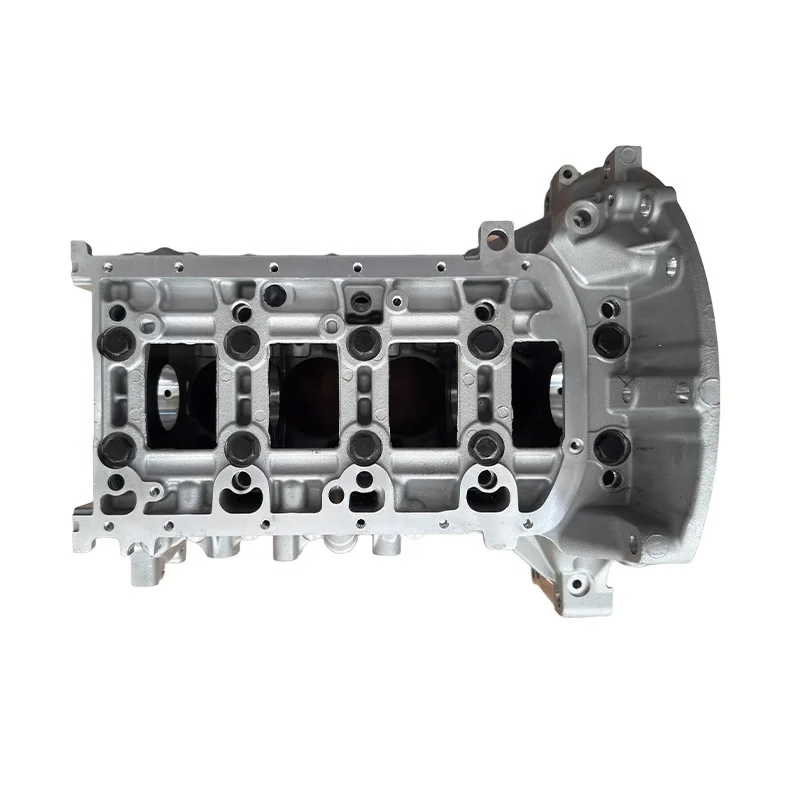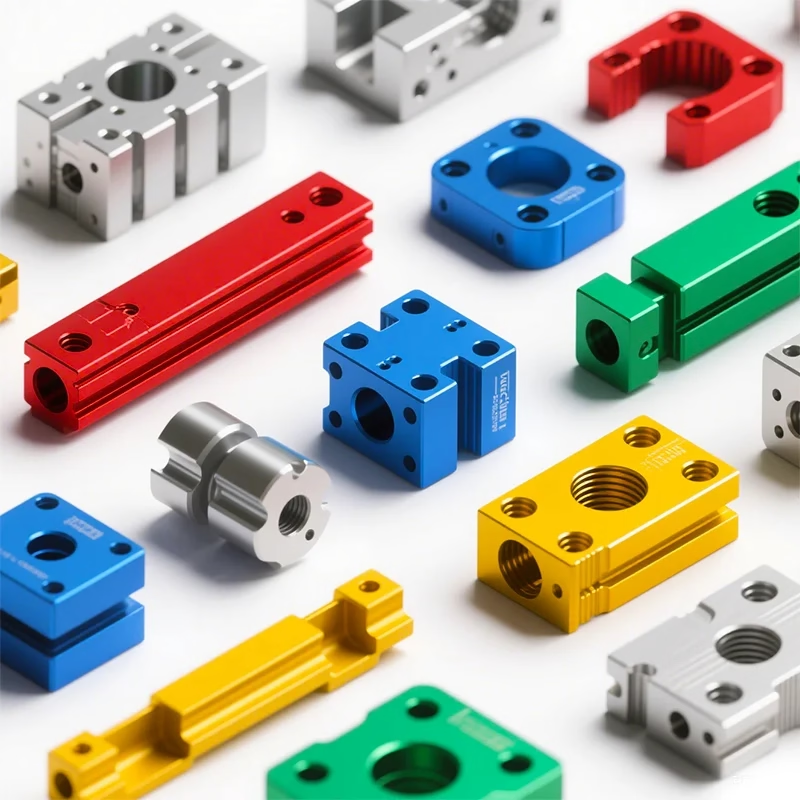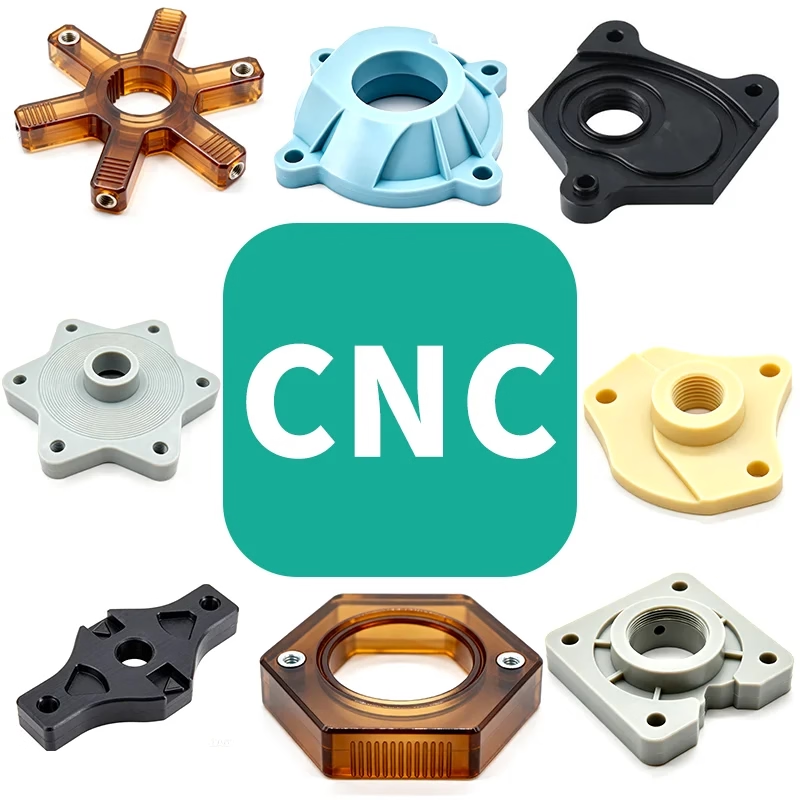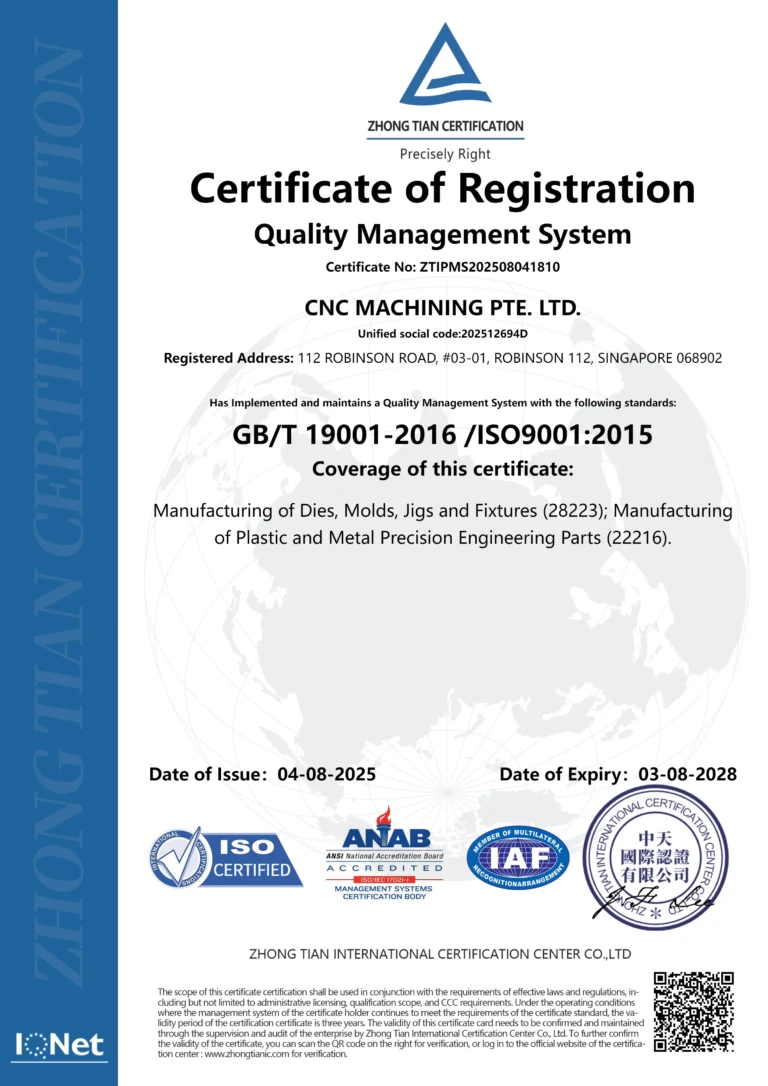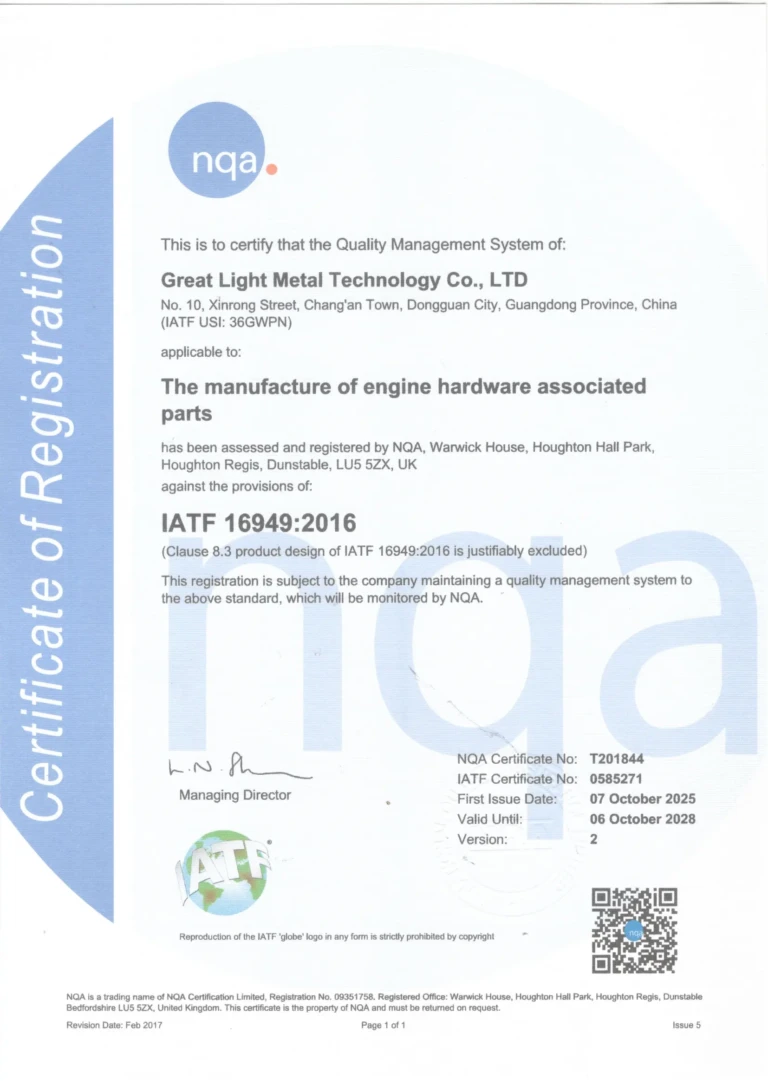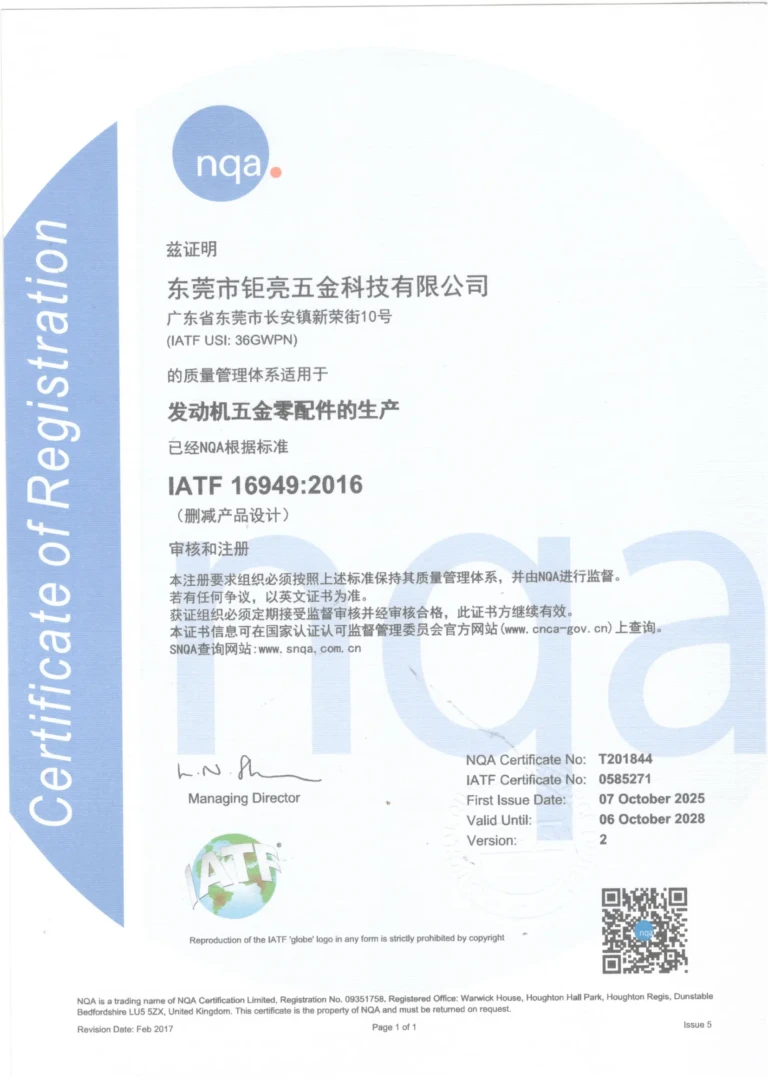A career that makes sense and needs: the world of CNC mechanics
In today’s fast-paced and technologically advanced world, the demand for skilled professionals with expertise in computer numerical control (CNC) processing is rising. As a highly specialized field, CNC machining requires unique technical knowledge, creativity and attention to detail, making it an increasingly popular and meaningful career choice.
What is CNC machining?
CNC machining is a manufacturing process that uses computer-controlled machines to accurately cut and shape a variety of materials, including metals, plastics and other materials. The process involves using computer-aided design (CAD) software to create a digital model of components that are then converted into machine-readable code that CNC computers use to perform the manufacturing process.
Skills and qualities required to succeed as a CNC mechanic
To be successful in this field, CNC mechanics must possess a combination of technical skills and personal qualities, including:
- A deep understanding of computer-aided design (CAD) software and computer-aided manufacturing (CAM) systems.
- Ability to explain blueprints, drawings and technical specifications.
- Excellent problem-solving and analytical skills to identify and solve problems during manufacturing.
- Pay attention to details and the ability to work accurately under pressing deadlines.
- Strong communication skills, and can effectively cooperate with colleagues and clients.
- Continue to learn and adapt to new technologies and manufacturing processes.
Benefits of Career as a CNC Mechanic
- High demand: The demand for skilled CNC mechanics is rising, and many companies are struggling to find qualified professionals to fill open positions.
- Competitive salary: CNC mechanics are compensated well, with median salary ranging from $40,000 to $60,000 per year, depending on experience and location.
- Opportunities for progress: With experience, CNC mechanics can take a leadership role, specialize in a specific industry or manufacturing process, or start their own business.
- Diversity of work: In the world of CNC machining, no two days are the same, which is a challenging and engaging career for those who like to solve problems and work hands-on.
in conclusion
In short, the career as a CNC mechanic offers unique technical challenges, creative expression and opportunities for professional growth. With the growing demand for skilled professionals, now is a great time to consider pursuing a career in this exciting and meaningful field.
FAQ
Q: What is the difference between CNC and CNC milling?
A: CNC machining is a broader term covering a variety of manufacturing processes, while CNC milling is a specific type of machining that uses machine tools to remove material by milling.
Q: Can I learn CNC processing by myself?
A: Yes, there are many online resources and training programs that can help you learn about CNC machining. However, it is also recommended to find a mentor or gain experience working with an experienced CNC mechanic.
Q: What types of materials can I use as a CNC mechanic?
A: Depending on the company and specific jobs, CNC mechanics can use a variety of materials, including metals, plastics, aluminum, steel, titanium, etc.
Q: Do I need a degree to become a CNC mechanic?
A: While a degree is not always required, most employers prefer applicants who receive formal training or certification for CNC machining, such as engineering degree or related fields. Many community colleges and vocational schools offer CNC processing and manufacturing programs.




